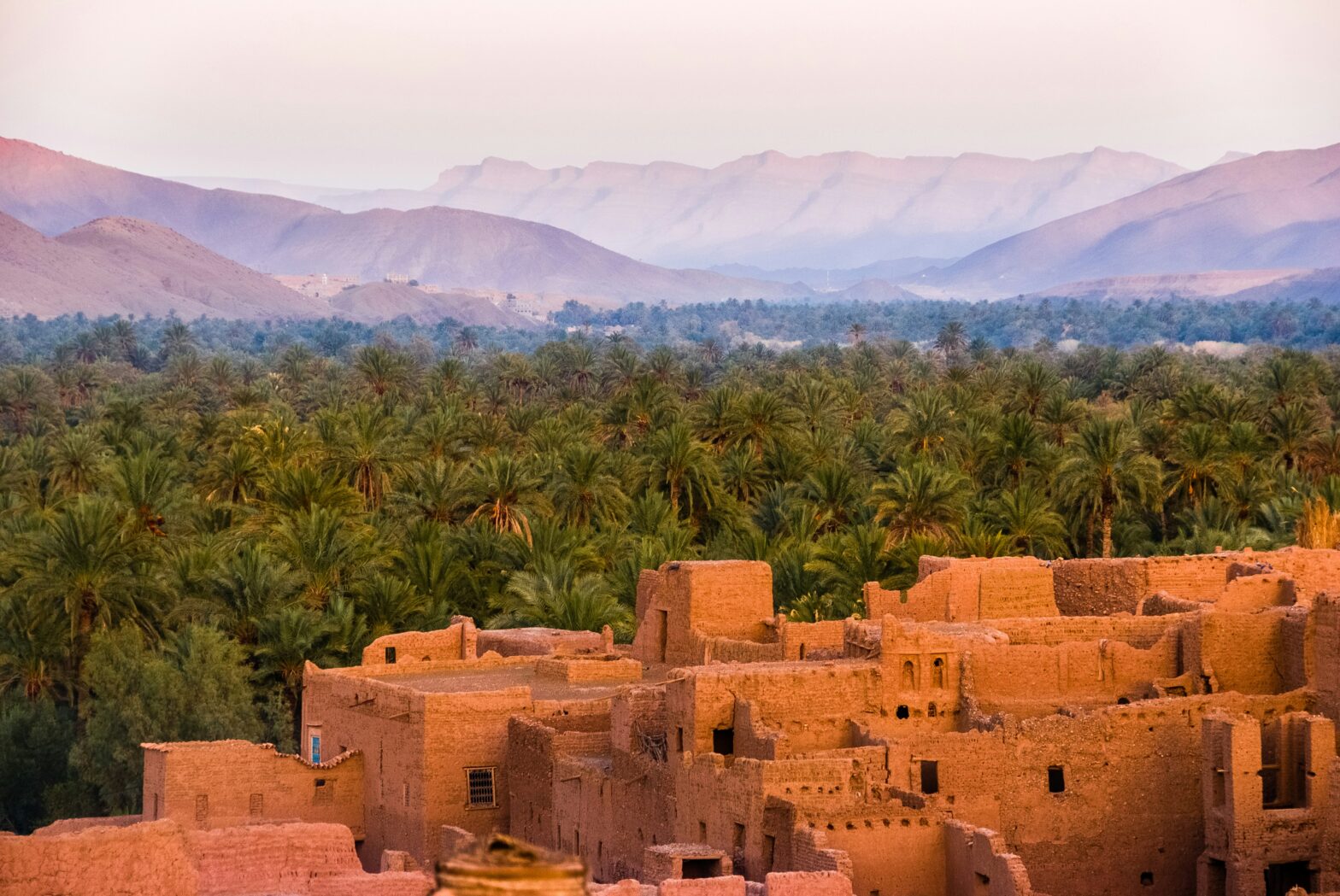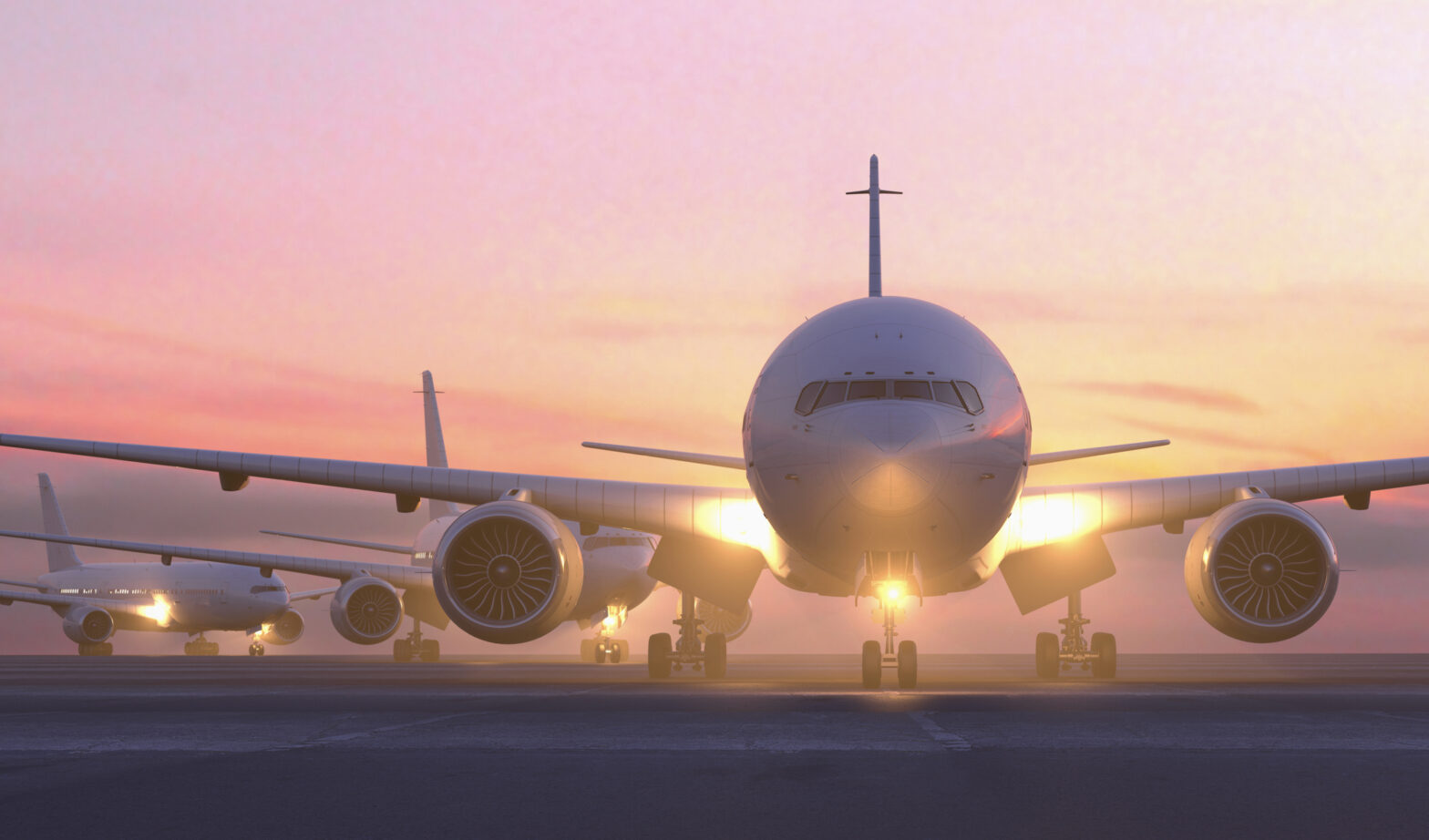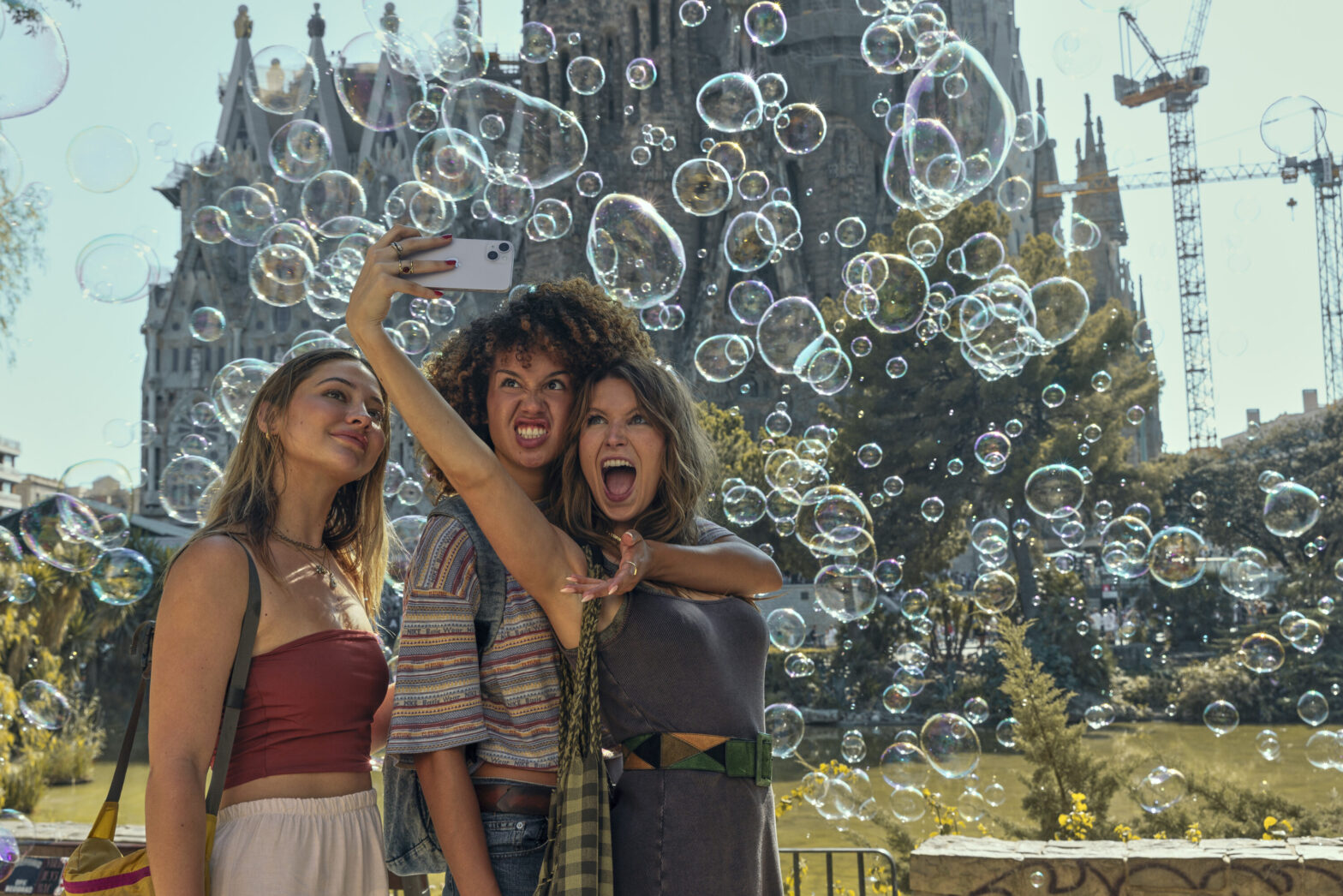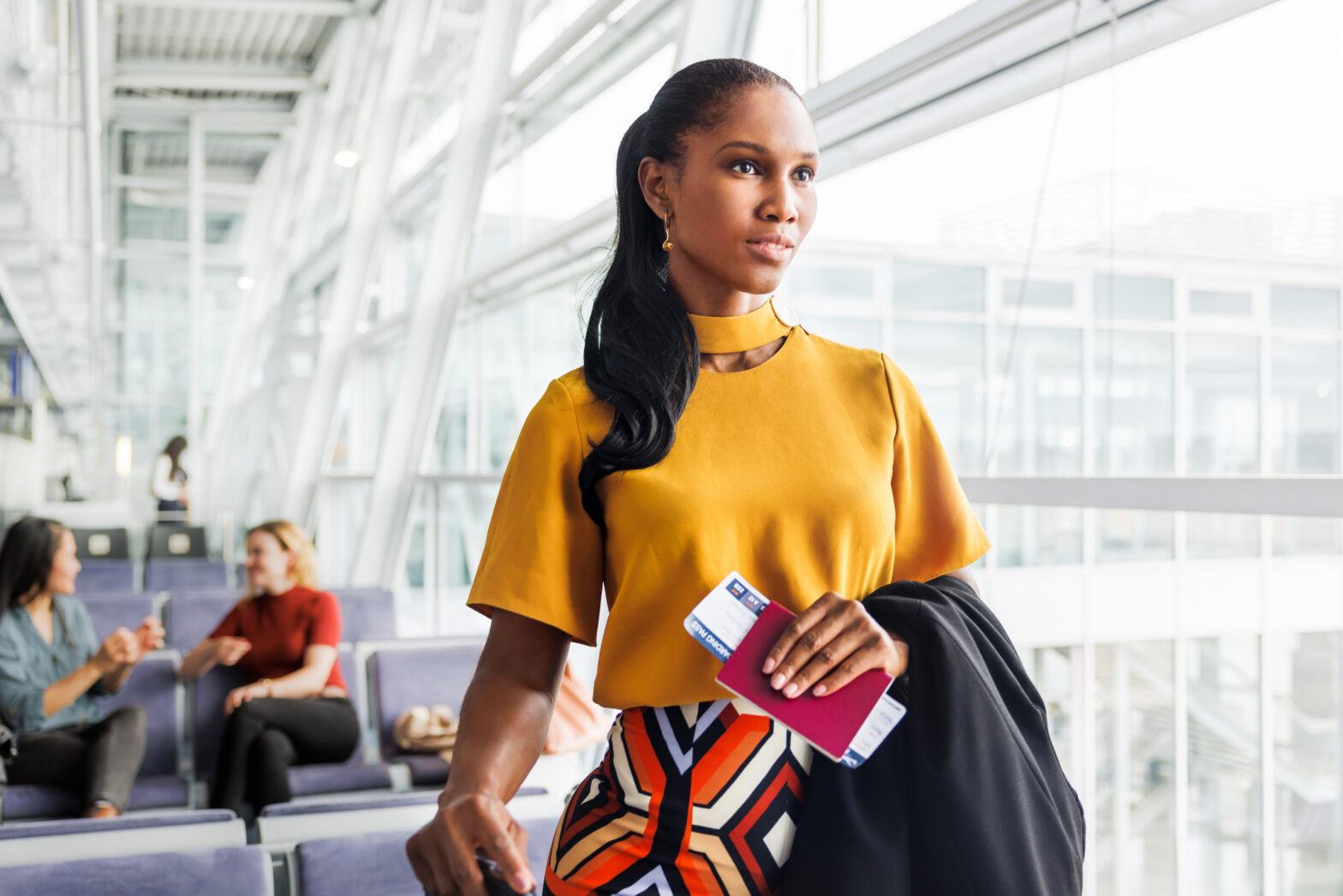There are 54 countries in Africa, each one of them carrying a unique origin story and cultural thumbprint. Some of them, like Sudan, Somalia, the Democratic Republic of Congo and Ethiopia aren’t recommended to curious travelers looking for a new place to explore. Civil war, Jihadist threats and monkeypox are just some of the threats that loom in those areas, but elsewhere, there’s a lot more to be discovered. On the western edge of the massive continent lies the North African Kingdom known for its vibrant blend of Berber, Arab and European influences. There’s endless beauty to be discovered there, but is Morocco safe for Americans?
With a population of nearly 40 million and a GDP of roughly $385 billion, it can be easy to get caught up in the brightly colored handmade goods canvassing the country. Some of the most popular cities tourists visit in Morocco are Rabat, Fez, Casablanca (the economic and business capital), Marrakech and Tangier. For the most part, these areas are safe to explore, but there are steps travelers can take to keep themselves protected from potential threats.
Is Morocco Safe for Americans?
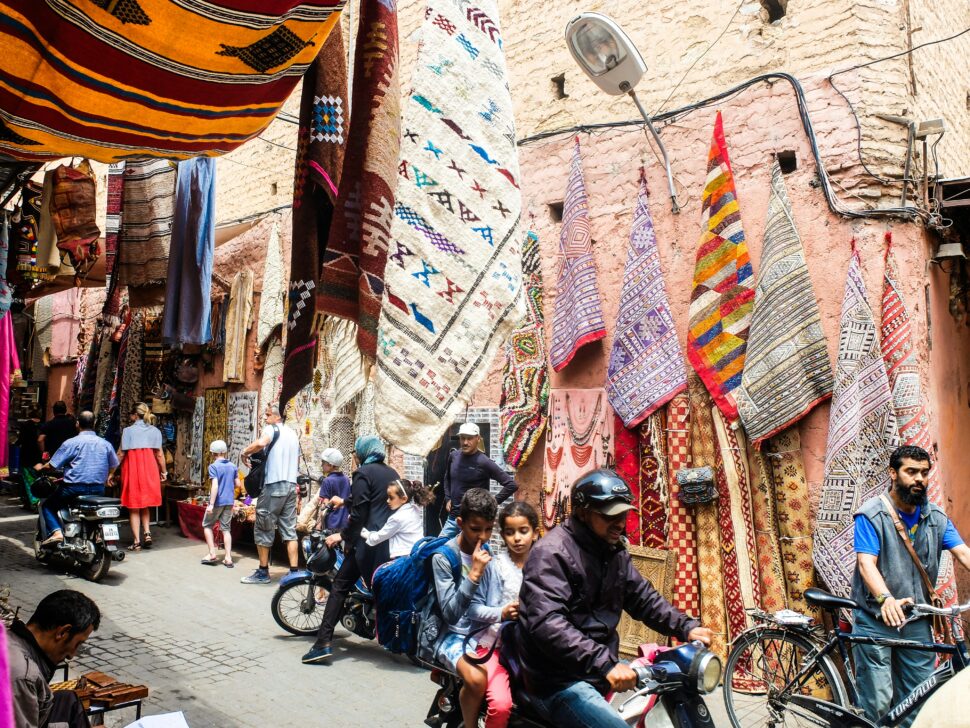
As Global Guardian notes, the relationship between America and Morocco is strong, so there’s no overt cause for concern when entering the country. To be on the safe side, however, tourists can register their trip with the US embassy in the foreign country in case of emergency. As of March 2024, Morocco is considered a “generally safe destination” where security is accessible and the government prioritizes tourist safety. “By exercising caution, staying informed about current events and familiarizing yourself with local customs you can navigate Morocco with confidence,” Global Guardian says.
The U.S. State Department rates the scenic destination a “Level 2,” urging visitors to exercise increased caution. “Terrorist groups continue plotting possible attacks in Morocco. Terrorists may attack with little or no warning, targeting tourist locations, transportation hubs, markets/shopping malls and local government facilities,” their advisory from 2023 declares. It’s worth noting that the last major act of terrorism in the country was a 2011 bombing in Marrakech.
On another note, Moroccans tend to be “conservative and highly religious where traditional gender norms are enforced,” leaving members of the LGBTQ+ community at higher risk for harassment. The acceptance rate in the North African Kingdom is higher than other similarly-thinking spaces, but this difference is “marginal.”
Helpful Tips for a Smooth Trip to Morocco
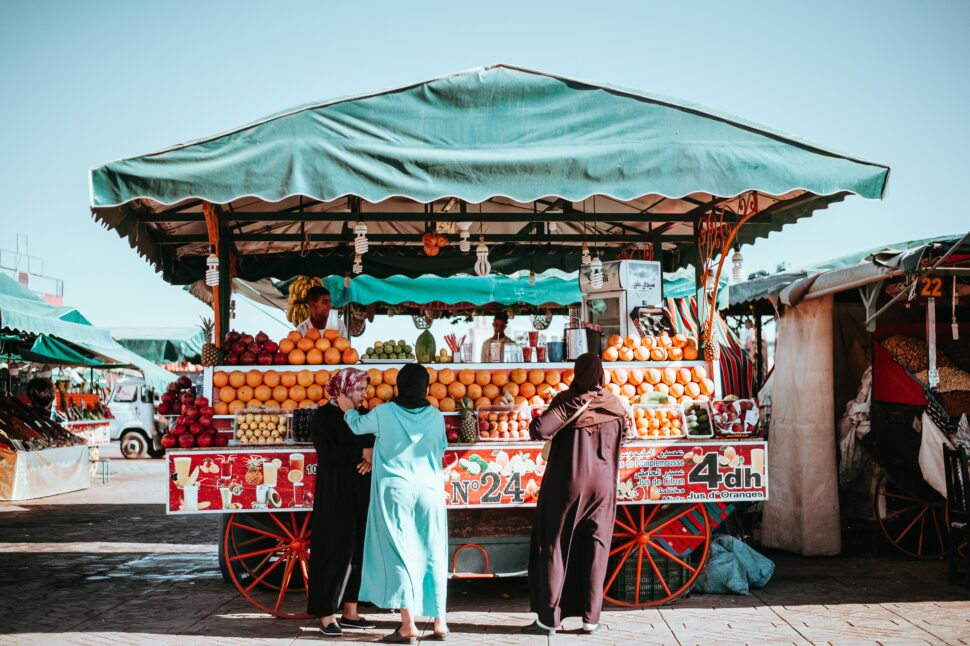
To ensure your trip to Morocco goes smoothly, there are some important steps you can take. First, Global Guardian recommends avoiding the Western Sahara region, the Algerian border and the Rif Mountains. Local transportation is considered reliable, but they advise against driving yourself or traveling between urban areas last night. To prevent illness, don’t eat street food and only drink bottled water; on the topic, eating with your left hand is frowned upon in Islamic and Arabic cultures, as it’s considered unclean, so stick to your right to stay in people’s good graces.
Other travel safety tips for Morocco include only using ATMs during daylight hours (preferably at a large facility or bank), not overtly displaying any form of wealth and avoiding political demonstrations and protests. Petty theft is the most common issue that comes up for travelers, be it bag snatching or pickpocketing; Tangier is particularly bad for the latter, meanwhile Casablanca is known for harassment.
To avoid any unwanted catcalling, females are encouraged to dress modestly. “[This] can range from loose, long pants, shoulder-covering short-sleeve shirts, and shoes or sandals to a full-length Moroccan robe, called a jellabah,” as Fromers writes. “This rule of thumb covers both day and night, although is a bit more relaxed should you be visiting one of the country’s finer restaurants or highbrow nightclubs.”
